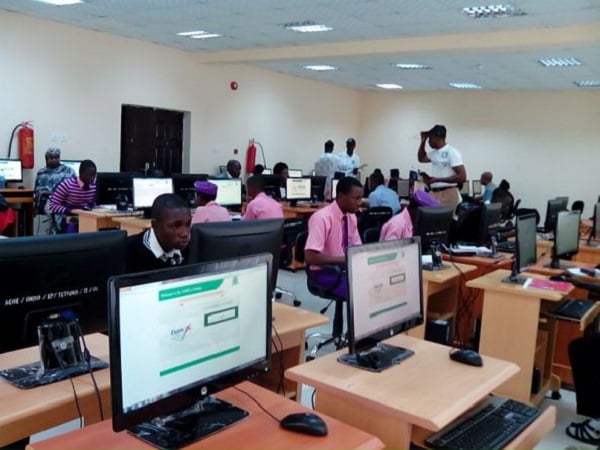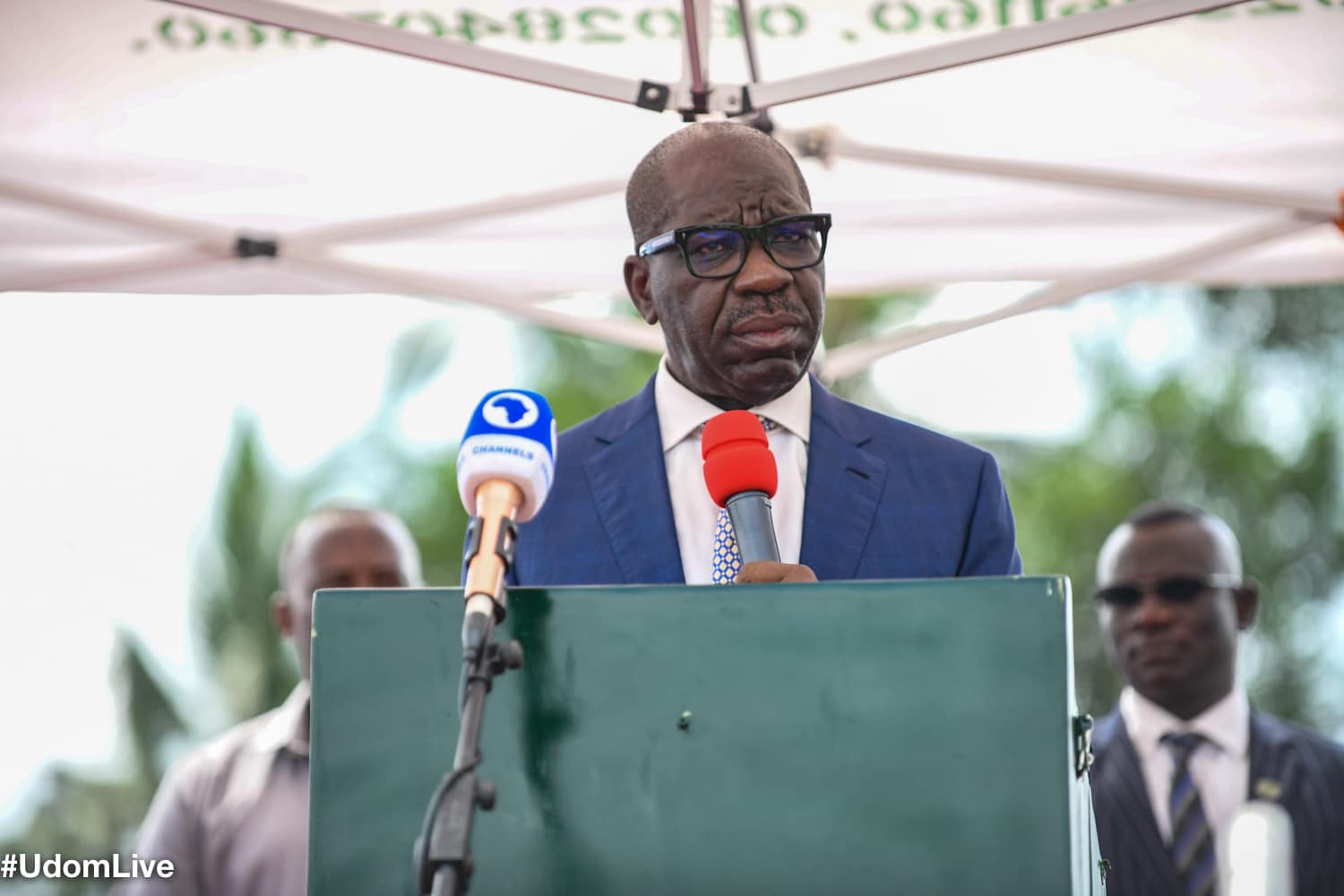You likely already know that the 2024 UTME results have been the trending education topic across Nigeria’s cyberspace for the last couple of days. I do too, which is why I have been following the public conversation since the release. I have read news articles, tweets, Facebook posts, and more.
One trend you will easily notice in the ensuing public conversation is that several people have tried pinning the abysmal failure rate on different things. Tiktok. Phones. Parties. JAMB’s decision to start the exam by 7 am. Faulty technology/equipment for the exam. Fear. Private schools helping their students cheat through other exams. Parents buying results for their students. Just name anything and there is a good chance you will find someone pinning the 77% failure rate on it!
Can you blame them? I won’t. Anyone with half a mind would agree that having 3 of every 4 of the 1.9 million students score less than 50% is truly a matter of grave concern. Of course, there should be an outrage about it! The horror!
But hold up! This outrage feels very familiar to my soul. I fully recognize that sound of a nation scrambling to find something immediate to blame in a time of reckoning.
Advertisement
The year was 2008. WAEC, another national examination body, had just released the year’s results. 84% of the 1.4 million students failed! That is, only 1 of every 5 students you randomly selected had the 5 mandatory credits required to advance to tertiary education, including Mathematics and English.
I can imagine that many people, possibly including you, my dear reader, have forgotten the 2008 story. But I have not. I was one of the fortunate 1-out-of-5 students who passed that year. Nevertheless, the national weight of failure made my great results hardly something to celebrate. I still bear the sense of being a student of the “mass failure year.” I wonder what the people of 2024 will pin our own 2008 mass failure on, because there was definitely no Tiktok then!
The massive failure rate in Nigeria is hardly a new issue. My 2008 example showed you we had a worse case 16 whole years ago! Yet, every year, I have watched, with both fascination and mild surprise, how the nation gets into an intriguing cycle that goes something like this: JAMB or WAEC releases results. Students fail. A public outrage about the failure. Different stakeholders blame different things. Some weeks later, everyone moves on. Rinse and Repeat.
Advertisement
I sometimes wonder whether we are forgetful or just indifferent. How can we continue to tackle entrenched problems with such short-termism? Why do we seem to only engage with these issues fleetingly? Why is it that we consistently overlook the fact that these problems are not novel but rather symptomatic of deeper flaws within our entire education system? Why do we prefer to assign the blame to convenient culprits?
However, I also sometimes feel like I may understand why we are prone towards this short-term blame cycle. Frankly, how can we adequately address real issues when our interaction with data pertaining to them occurs only once a year? How can we strive for improvement when even accessing something as fundamental as a comprehensive compilation of JAMB results from the past decade is not readily available? If students are struggling, shouldn’t we delve deeper into the patterns of failure to discern underlying trends?
Could JAMB provide detailed breakdowns of subject-specific pass rates over the last decade to identify specific topics within the subject where students encounter more difficulties? Imagine how useful this data would be to the subject teachers! Is it feasible to analyze state-level data at the local government level to pinpoint local areas with elevated failure rates and ascertain potential causes? Before we attribute blame to platforms like TikTok, shouldn’t we juxtapose failure rate data from the past four years with the rise in TikTok’s popularity among the youth during the same period? The list of inquiries could be endless!
And before you suggest that I should “just search Google,” I tried. When I couldn’t find any such data on the JAMB website, I turned to Google to compile the JAMB results from the past decade. But the process turned into a nightmare. Most online news sites and gossip blogs have mastered search engine optimization, ensuring that their reports on the trending 2024 failure rate dominate search results. And can you blame them? They’re simply striving to survive in a fiercely competitive attention economy.
Advertisement
If we are truly ready to address this issue, we need to ditch this annual short-term blame cycle. We need to dig deeper into more systemic causes with long-term empirical solution approaches. Else, we would be back here again in 2025. And again in 2026. And the cycle will endlessly continue. Let’s break this cycle once and for all!
Oluwatoyin is a Doctoral Researcher in STEM Education, Social Impact Leader and Education Policy Advocate. She writes from Nigeria and the United States. She can be reached at [email protected] or on LinkedIn here.
Views expressed by contributors are strictly personal and not of TheCable.







